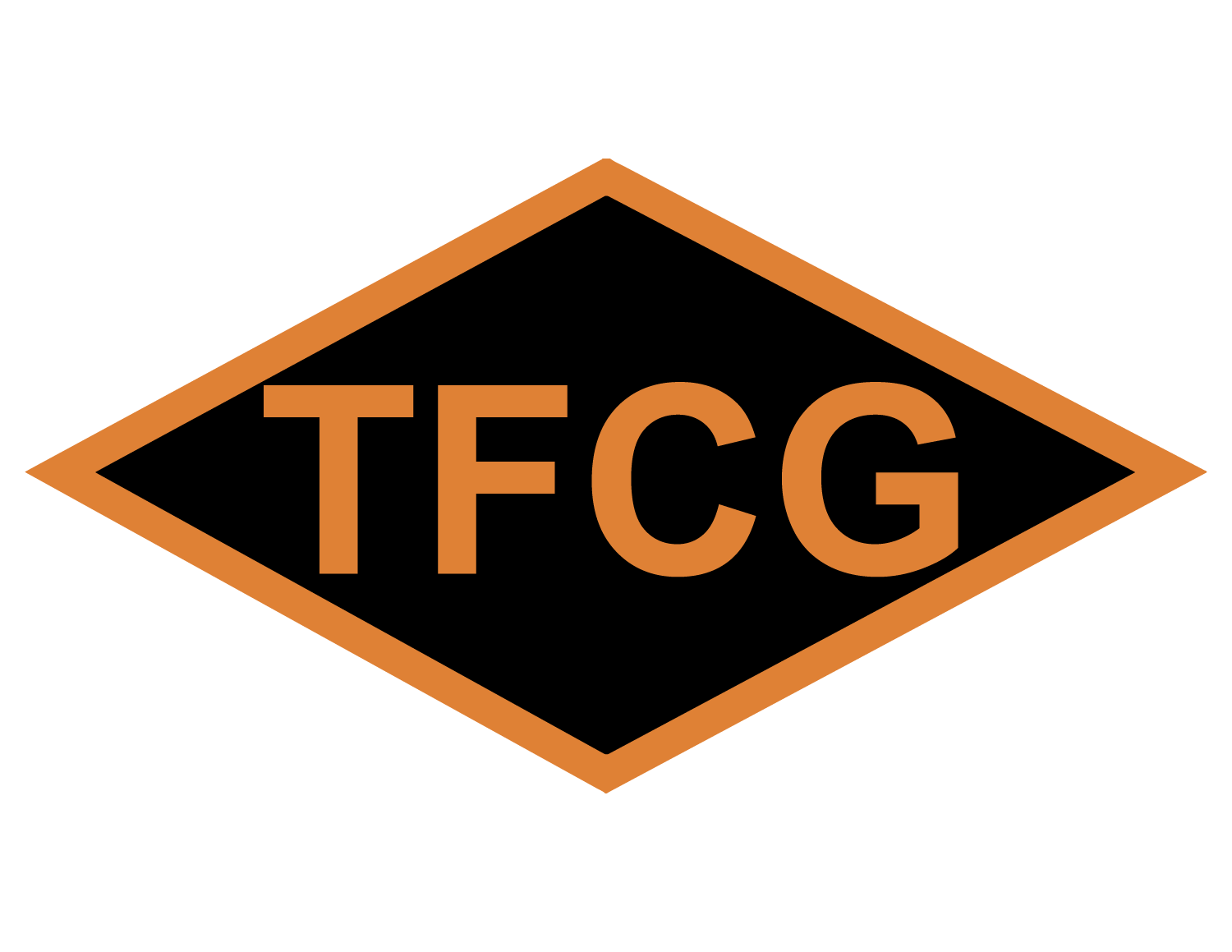Are You Training for Retirement? (#290)
I hate to admit that at 52, I am beginning to think about my retirement and what it will look like.
As an executive coach, I have worked with a lot of extremely successful corporate leaders who are in their 40s, 50s, and 60s. The majority have sacrificed their physical health for the job — they are 20 pounds overweight, travel constantly, find it difficult to workout consistently, and sleep poorly. You don't want to be working 14-hour days through your 50's and arrive at 65 with the money but not the physical fitness to explore and make the most of your later years.
A great technique to avoid being not able to physically enjoy retirement is to plan something epic each year in your 50s and 60s that forces you to physically train to accomplish it. These epic events will help you physically train for retirement.
Something Epic:
Massive hikes (e.g. Rim-to-rim-to-rim Grand Canyon)
Climb a big mountain
Do an Ironman
Multi-day/week bike tours
Run a marathon
This spring, a friend and I traveled to Belgium and raced in the Paris-Roubaix Gran Fondo and then watched the professional cyclists race on the same course. The work to get ready to ride on the cobbles was great — it really focused my cycling training in the spring. We’re looking for another race to do in the Spring of 2024. Another friend did the rim-to-rim hike of the Grand Canyon this fall. A group of friends did Ragbrai — the 7-day, 500 mile bike ride across Iowa. Another friend climbed the Manitou Incline (all 2744 steps and 2000 ft. in elevation in under one mile) every week for a year. You get the idea.
As we enter our 50s, the importance of physical training takes on a new significance in the context of ensuring a healthy and fulfilling retirement. The choices we make in our 50s can profoundly impact the quality of life we experience in the decades to come. Engaging in regular physical training during your 50s can provide numerous benefits that extend well into retirement.
First, physical training in your 50s serves as a proactive investment in your future health. It can help maintain muscle strength, flexibility, and bone density, which can be vital in preventing age-related conditions like osteoporosis and muscle loss. Regular exercise can also improve cardiovascular health, lowering the risk of heart disease, diabetes, and high blood pressure, thereby enhancing the overall quality of life in retirement.
Second, exercise plays a significant role in maintaining cognitive health. Studies have shown that physical activity can help stave off cognitive decline and reduce the risk of conditions such as Alzheimer's disease. By keeping both the body and mind active, individuals can enjoy a more vibrant and fulfilling retirement, engaging in hobbies, travel, and other enriching experiences.
Finally, physical training promotes social interaction and a sense of belonging. Participating in group activities, fitness classes, or sports can help build a supportive community, fostering friendships that extend into retirement. Social connections have been linked to longevity and overall life satisfaction, making them an essential aspect of a fulfilling retirement.
Dedicating time to physical training in your 50s is not just about staying in shape — it's about ensuring a vibrant and healthy retirement. By investing in your physical and mental well-being now, you set the stage for a retirement characterized by strength, resilience, and the ability to fully savor the many adventures and experiences that lie ahead.
Conclusion
Executive coaching can provide the accountability to accomplish your goals. Do you have something epic planned this year? Want help planning and doing something epic? Hit the button and schedule a free talk about your epic adventure.
In the meantime, go on the offensive and start dreaming about doing something epic every year in your 50s.

